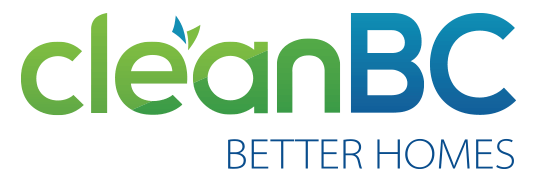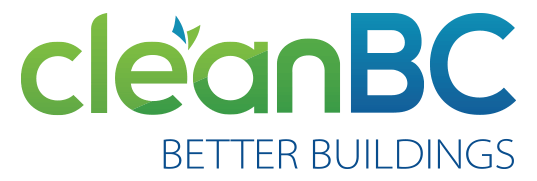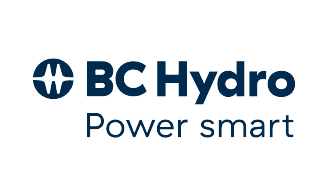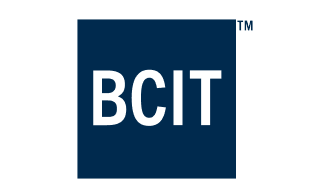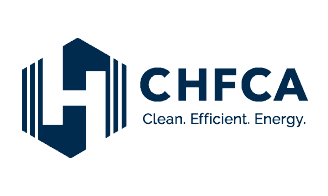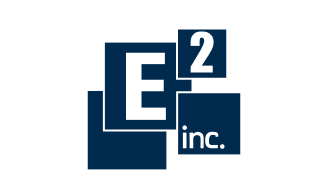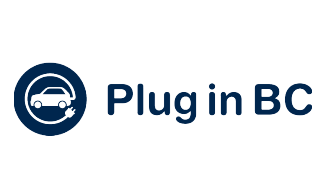Everyone in B.C. is feeling the effects of climate change: from forest fires, to floods, to extreme heat. The CleanBC roadmap to 2030 is B.C.’s plan to lower the greenhouse gas emissions that are causing climate change.
In B.C., the largest single source of emissions is transportation. By 2030, the province wants to reduce transportation emissions by about a third.
Here’s how:
- Making it easier to walk, cycle, and take transit
- Supporting businesses to move more goods by rail, water or cargo bike
- Supporting sales of new passenger EVs, so that most new cars sold are electric
- Helping businesses and industry get and use medium- and heavy-duty EVs
Go Electric helps B.C. meet our emissions goals
Go Electric is helping B.C. make the shift to cleaner transportation. The program makes it easier for people and businesses to buy and own an EV by:
- Bringing down the price of EVs
- Making it easier to charge or fuel an EV
- Supporting research, job training, and economic development in B.C.’s EV sector
Program highlights
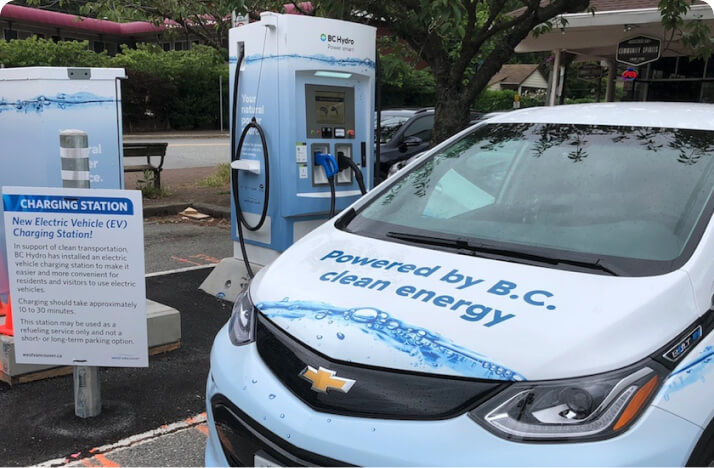
Large charging network
B.C. has one of the largest charging networks in Canada with over 7,000 public charging stations and 6 hydrogen fuelling stations available throughout the province as of December 31, 2024.
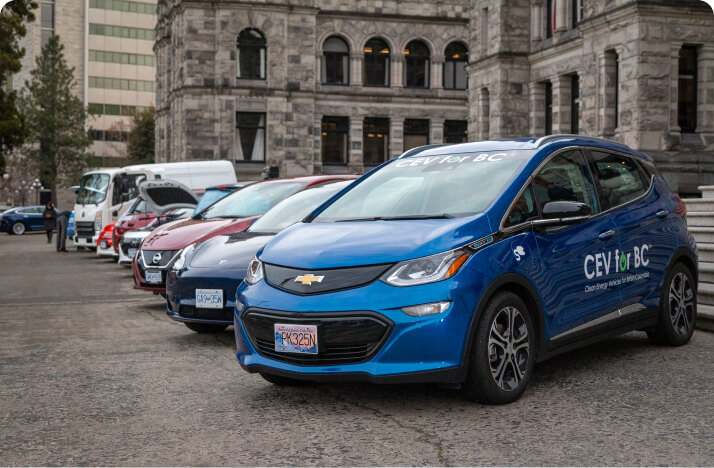
199,000+ EVs in B.C.
Go Electric has supported more than 109,077 EVs. In total, there are more than 199,000 light-duty ZEVs on the road in B.C. as of December 31, 2024.
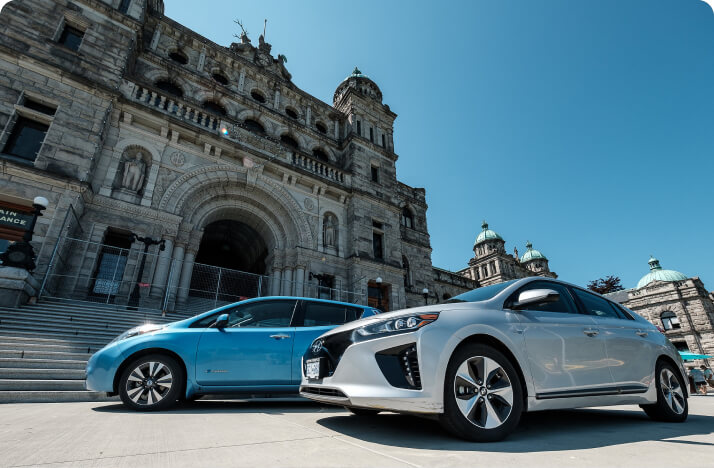
22.4% of new vehicle sales
In 2024, 22.4% of new vehicle sales were EVs.
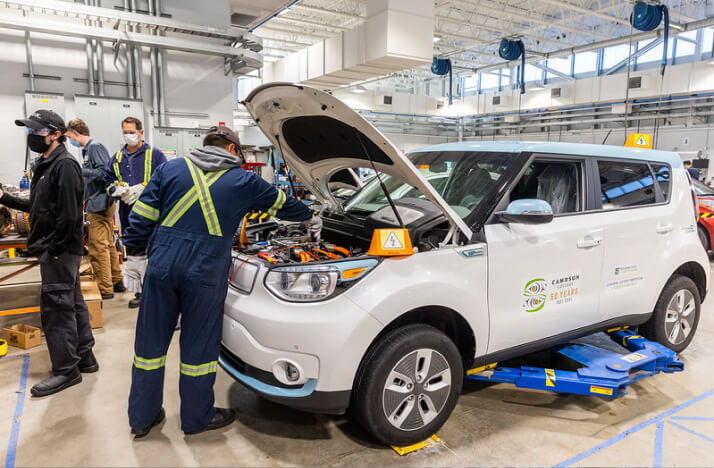
EV job training
The Go Electric Training program helps B.C.’s workforce lead the move to EVs. As of December 31, 2024, 412 electricians have been trained to install and maintain charging infrastructure. 632 automotive technicians have been trained to diagnose, repair and maintain EVs.
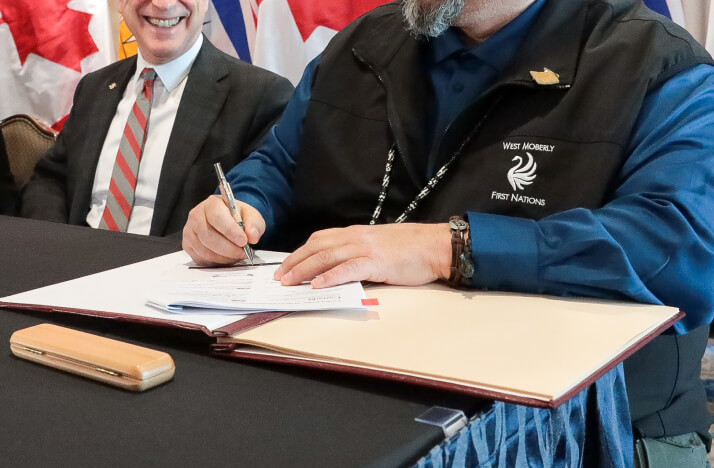
Indigenous business and community support
Additional EV charger rebates are available for Indigenous businesses and communities through the Home and Workplace Charger program, the Public Charger program, and the Fleet Charging program.
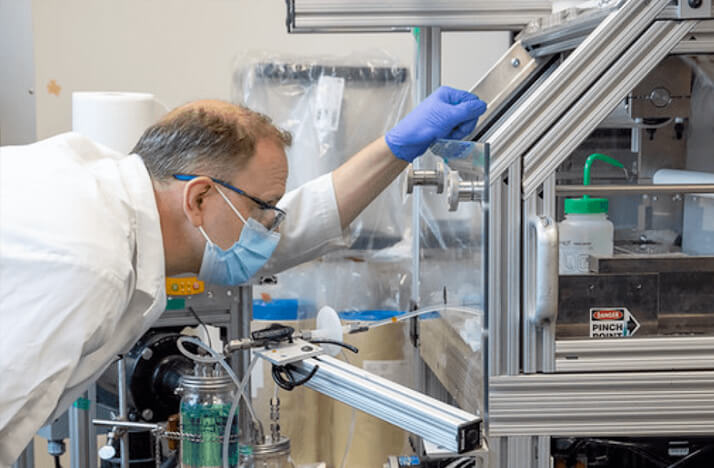
Funding new EV products, services and technologies
Through the Advanced Research and Commercialization (ARC) program, 23 projects have gotten funding to develop, bring to market, and use or demonstrate new EV products, services, and technologies.
Program partners
Go Electric is proud to partner with organizations across B.C. Our partners help us:
- Promote EV use and educate people about EV benefits
- Deliver rebate programs
- Develop and deliver policies
- Build EV infrastructure across B.C.
- Train and support businesses and industry
- Create economic opportunities in the EV industry
- And more!
Get involved
Climate change impacts all British Columbians, and we all play a part in slowing it down.
No matter your income, location or housing situation, your actions can make an impact. It’s easier and less costly than you think!
Find out what you can do about climate change in B.C.
